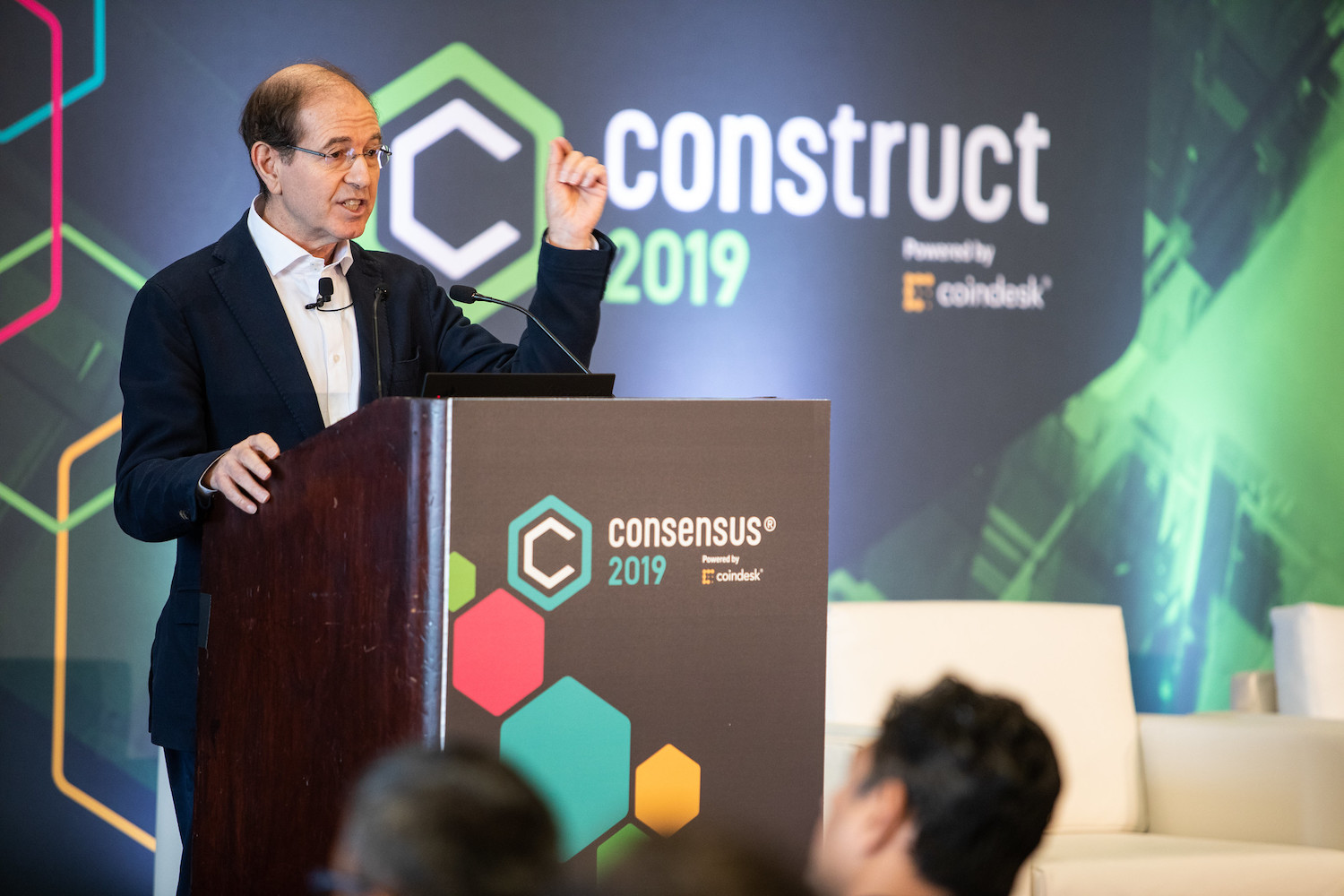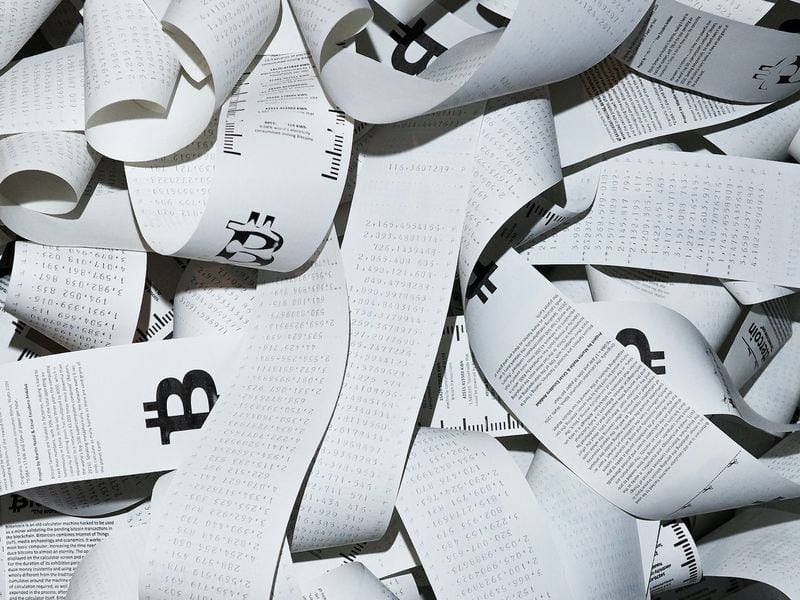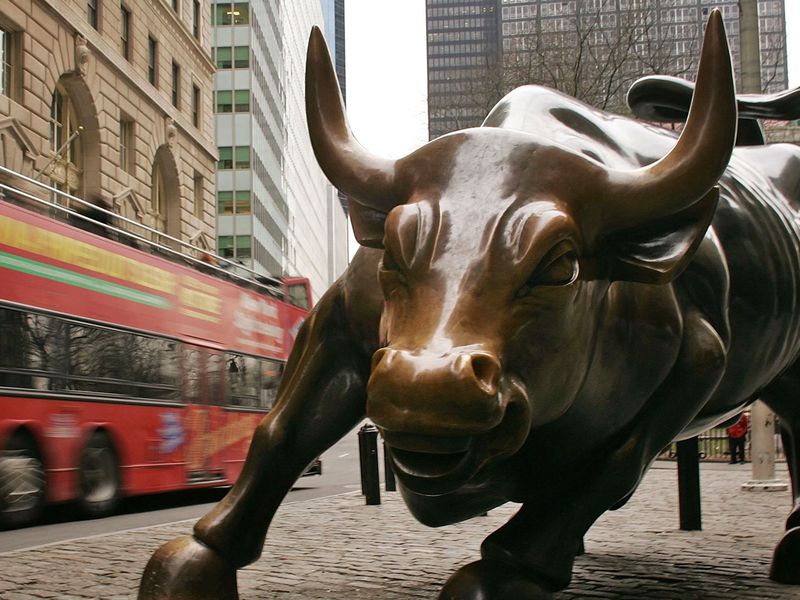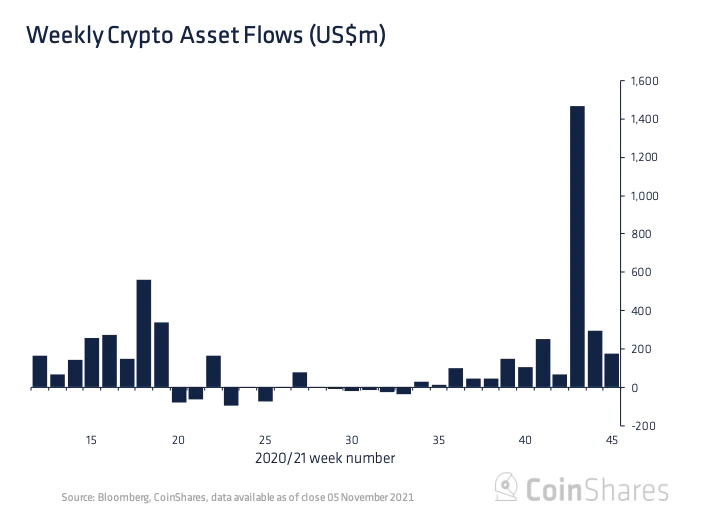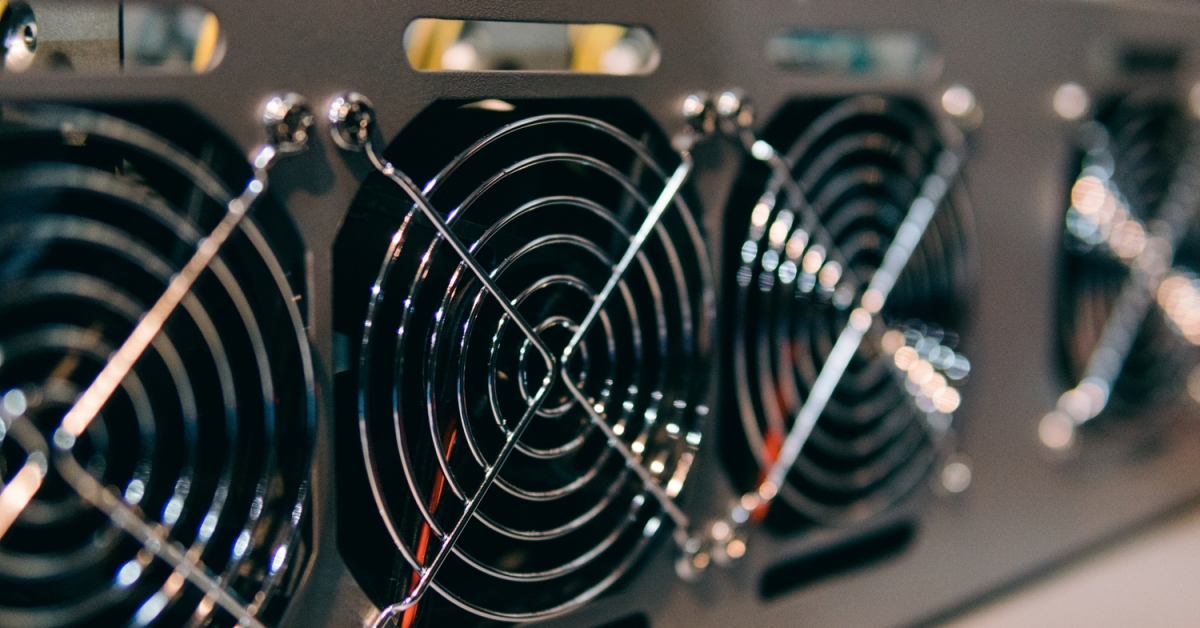Donald Trump Is Now a DeFi Enthusiast. Here’s Why It Matters
As the 2024 U.S. presidential election looms, Donald Trump’s venture into crypto – something he once called a “scam” – testifies to the undeniable permanence of crypto as mainstream. Announcing World Liberty Financial, a new DeFi protocol, Trump is positioning himself at the intersection of cryptocurrency and politics. This move by a presidential candidate would seem unimaginable and far-fetched just a few months ago. Today, it’s a powerful indicator that crypto is embedded into our economic and political fabric.
World Liberty Financial, unveiled on September 16, promises a decentralized borrowing and lending platform built on Aave and Ethereum, along with dollar-pegged stablecoins to maintain U.S. dollar dominance in international trade. Yet concerns over the project’s legitimacy and conflicts abound. The initially floated 70% insider token allocation raised eyebrows, suggesting that this venture might be more about financial gain than technological innovation. However, according to Trump’s team, the insider token allocation has since been reduced to 20%, with 63% being sold in a public sale.
Technically, it is Trump’s sons Eric and Donald Jr., alongside the puzzling designation of 18-year-old Barron Trump as “Chief DeFi Visionary,” who are leading this initiative. Behind the scenes, Chase Herro – a figure with a controversial past and history of dubious ventures – emerges as the project’s real architect. The whitepaper, seen by CoinDesk, shows early iterations copied the code base of Dough Finance, which lost $1.8 million in a flash attack in July. Technical development is believed to be entirely outsourced to third parties, leaving an even higher chance of hacks, like those the FBI warns are being carried out by North Korea.
Lacking technical validity, World Liberty Financial’s hasty launch looks like a calculated move to capitalize on crypto hype. The timing of the announcement, just two months before a national election, adds a layer of political calculation to what is already controversial. But that a polarizing figure like Trump is publicly embracing DeFi – whether he really understands the technology or not – can’t be overlooked.
Cryptocurrency isn’t just a fleeting trend but a defining force, first in modern finance and now in politics. In July 2024 Trump edited the official Republican Party platform to promote defending Americans’ “right to mine Bitcoin” and “self-custody of their digital assets” as well as transacting “free from government surveillance and control.” Betting a political platform on Bitcoin – as Trump is doing – implies confidence that enough of the populace cares about these issues. Crypto has entered mainstream politics.
In the past, politicians and regulators were hesitant or outright hostile towards crypto. Trump himself is no exception, telling the public in 2019 that he was “not a fan of Bitcoin and other cryptocurrencies, which are not money.”
Reporters have linked Trump’s change of heart to the aggressive attendance of wealthy cryptocurrency executives at fundraisers, who lavished Trump’s campaign with hefty donations. But there are enough other high-profile figures who’ve shown support for digital finance to signal growing belief in its potential: Grammy Award-winning Billie Eilish, tennis star Serena Williams, BlackRock CEO Larry Fink, and even the U.S. House of Representatives, which approved a bill to create a legal framework for digital assets despite warnings from the SEC.
Crypto is a mainstay, not merely a speculative bubble. What was once a fringe technology is now influencing major political and financial decisions. Enough people know about it – and believe in it – that the genie cannot go back in the bottle. Executives at large institutions are endorsing it. Regulators are creating policies about it to enable broader adoption safely. And now politicians are campaigning about it, and even using it: both Trump and Harris accept crypto donations.
Trump’s engagement with DeFi highlights that we’ve reached a key tipping point. Digital assets are finally looked at for their benefits and not just their risks. How we think about money, investments, and governance is changing as cryptocurrency embeds itself further into the modern political and economic fabric. Trump’s venture may fail, as many crypto projects do, but it undeniably marks a new chapter in our journey.
Blockchain is not just a technology “of the future.” It’s a real driving force of the present. A few years ago, it would be unthinkable for crypto to be a polarizing issue in a presidential election, let alone for a presidential candidate to launch a project. This crossover of DeFi initiatives with the highest level of politics indicates crypto is a permanent fixture in our financial ecosystem, whose impact will be indisputable and long-lasting.
Note: The views expressed in this column are those of the author and do not necessarily reflect those of CoinDesk, Inc. or its owners and affiliates.
Edited by Benjamin Schiller.
Disclosure
Please note that our
privacy policy,
terms of use,
cookies,
and
do not sell my personal information
has been updated
.
CoinDesk is an
award-winning
media outlet that covers the cryptocurrency industry. Its journalists abide by a
strict set of editorial policies.
In November 2023
, CoinDesk was acquired
by the Bullish group, owner of
Bullish,
a regulated, digital assets exchange. The Bullish group is majority-owned by
Block.one; both companies have
interests
in a variety of blockchain and digital asset businesses and significant holdings of digital assets, including bitcoin.
CoinDesk operates as an independent subsidiary with an editorial committee to protect journalistic independence. CoinDesk employees, including journalists, may receive options in the Bullish group as part of their compensation.
:format(jpg)/s3.amazonaws.com/arc-authors/coindesk/6edc8abe-a989-4097-a152-6de6d38b09dd.JPG)

